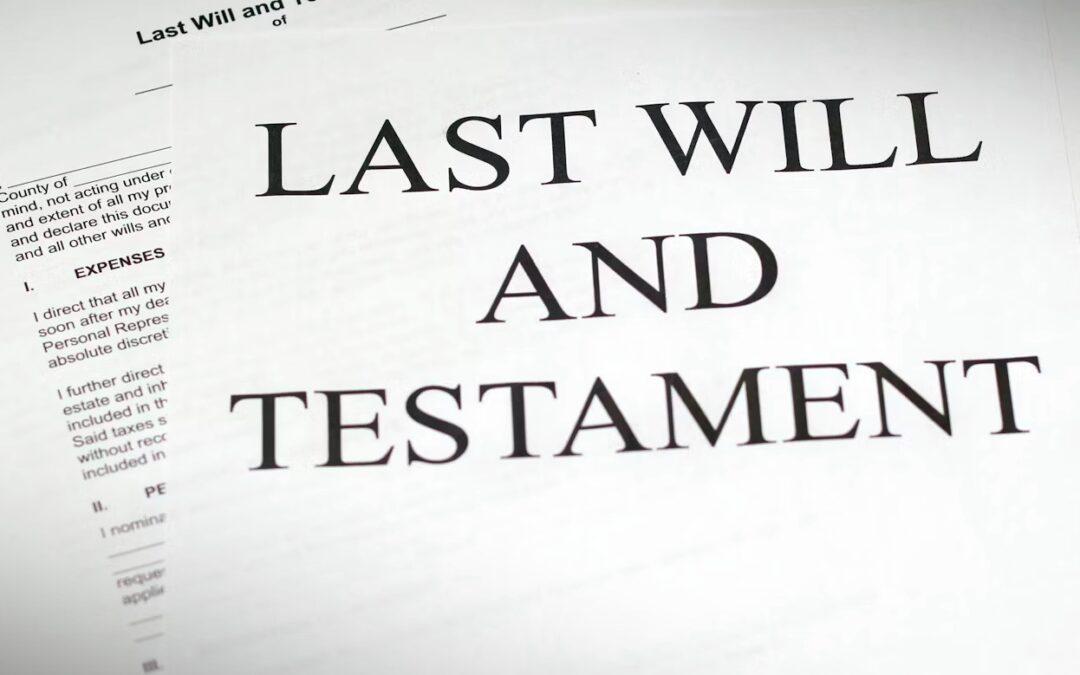Succession Law
FCB Law Office’s Succession Law practice can help you when determine how to plan your estate. It is a core practice area and the firm can advise you even in difficult Inheritance situations and as well as when the estate has property in other countries as well as the Philippines

TYPES OF SUCCESSION LAW MATTERS
Common Succession Law matters are drafting wills, probating or repobating a will, and transferring property through Extrajudicial Settlements. In addition, court cases can also help when litigation among quarreling heirs or when a will must be probated or repobated.

Wills and Estate Planning

Extrajudicial Settlements
Extrajudicial Settlements are a cheaper way to transfer estates to heirs if all of the heirs agree. Document correctness and accuracy are important. Case Info

Judicial Settlements
When there is a dispute among heirs regarding inheritance, often the only way to settle it is to bring the case to court. If there is active opposition these can be long cases that require witness testimony and the presentation of evidence. Contact Us
HOW TO START A CASE
Contact Us
Contact us with the particular inheritance issue that is facing you and explain what the situation is. Include property documents and explain the relationship between the people involved so that we can quickly understand.
Email Assessment
With the information you give us, we will do a preliminary assessment to determine the most practical way to proceed, taking into account your goals, your budget, and the possible timeline involved.
Formal Engagement
We will send you a quotation and a Legal Services Agreement for your signature. When you have signed this and settled the initial payment, we will begin work on your case.

WHAT TO EXPECT
Wills must follow Succession Rules
Wills that are not properly prepared or that do not follow Succession Law are not valid under Philippine Law. There are restrictions around who you can give your assets to and specific rules around how to disinherit a Compulsory Heir. There are also rules around how a will must be prepared and even how to amend a correction. It is very complicated and valid Wills are usually only prepared with the help of lawyers – most wills that were prepared without legal advice often are not able to be used.


Extrajudicial Settlements need complete and accurate documents
An inheritance can be transferred through heirs by means of an Extrajudicial Settlement or Probate, and will often need complete documents for the BIR computation and subsequent transfer of the title to the heirs. Documents that prove the ownership of the property are important as well as documents that prove the family relationship. Furthermore, these documents must contain accurate details, such as the correct spelling of the person’s name. Additional documents such as a Deed of Sales (if applicable) and documents supporting the Sale.
Lots of legwork
Transferring an estate when it is settled means that several documents are needed from various government offices. Birth certificates, marriage certificates, and death certificates must be collected from the Philippine Statistics Authority. The property documents such as the Certified True Copy of Title, CTC Tax Declarations, and Certificates of Landholdings. Then, after the BIR Estate Tax is paid, the transfer at each individual location has to be completed as well.

FURTHER READING

Probate your Last Will and Testament while you are still alive
Probate is a court case to prove a will. It is the court process through which it is proved that the document offered really is the testator’s valid last will and testament...

Denying Paternity in the Philippines When a Wife’s Child is Not Her Husband’s
Denying paternity in the Philippines requires filing a Petition to impugn legitimacy which must be filed with the court within a brief window of time, beyond which the action is barred by law. The legitimacy of the child will no l...

How do I register a trademark in the Philippines?
IPOPHL registration means that IP rights are recognized and can be protected from trademark infringement through administrative or court cases with better success...

Trademark Statistics in the Philippines
The Intellectual Property Office of the Philippines (IPOPHL) collects Trademark Statistics in the Philippines as part of its function of overseeing trademarks...

Trademark Infringement In The Philippines
Trademark infringement in the Philippines is any violation of any rights of the registered owner of a Mark under the law on Trademarks of the Intellectual Property Code, other applicable Intellectual Property Laws, and the acts en...
Frequently Asked Questions
What is succession law?
Succession law, also known as inheritance law, governs the transfer of a person’s property and obligations upon their death. This includes real estate, personal property, debts, and other obligations.
What are the types of succession in the Philippines?
There are two types: testamentary succession, where the deceased has left a will specifying how their estate should be distributed; and intestate succession, where the deceased has not left a will or the will is invalid, and the estate is distributed according to the rules set out in the Civil Code of the Philippines through an Extrajudicial Settlement.
Who can inherit under Philippine law?
Legitimate children, illegitimate children, surviving spouse, and other ascendants and descendants are compulsory heirs and inherit specific percentages of the estate unless validly disinherited in a Will. If there are no surviving relatives, the estate goes to the state.
Can a foreigner inherit property in the Philippines?
Yes, however a foreigner can inherit property in the Philippines, whether it is land or personal property, as long as they are a legal or natural heir. This applies even if they are not a resident of the Philippines. However, foreigners can only inherit in situations where there is no Will.
Can a will be contested in the Philippines?
Yes, a will can be contested in the Philippines. Grounds for contesting a will include lack of testamentary capacity, undue influence, fraud, duress, mistake, or the fact that the will was not executed in accordance with the requirements of the law.
What happens if a person dies without a will in the Philippines?
If a person dies without a valid will, they are considered to have died intestate. In such a case, their estate is distributed according to the rules of intestate succession as provided by the Civil Code of the Philippines. To transfer the estate, an Extrajudicial Settlement is used but all the heirs must agree and sign. If the heirs do not agree, then
How is the estate distributed in intestate succession?
In intestate succession, the estate is divided among the legal heirs according to a hierarchy established by law. This typically includes legitimate children and descendants, legitimate and illegitimate surviving spouse, illegitimate children and descendants, surviving parents and ascendants, and collateral relatives (brothers, sisters, nephews, and nieces).
How is a will validated in the Philippines?
A will is validated through a court process known as probate. The court must confirm the will is genuine and was freely made by the deceased. If the will is holographic (handwritten), it doesn’t need to be witnessed, but it must be entirely written, dated, and signed by the hand of the testator himself or herself. If it is a notarial will it must be notarized and there must be witnesses. There are several other requirements.
Please note that this is a general overview and might not cover all aspects of succession law in the Philippines. The law is complex and there may be exceptions or specific scenarios that are not covered by these answers. Always consult with a legal professional for advice on specific situations.

